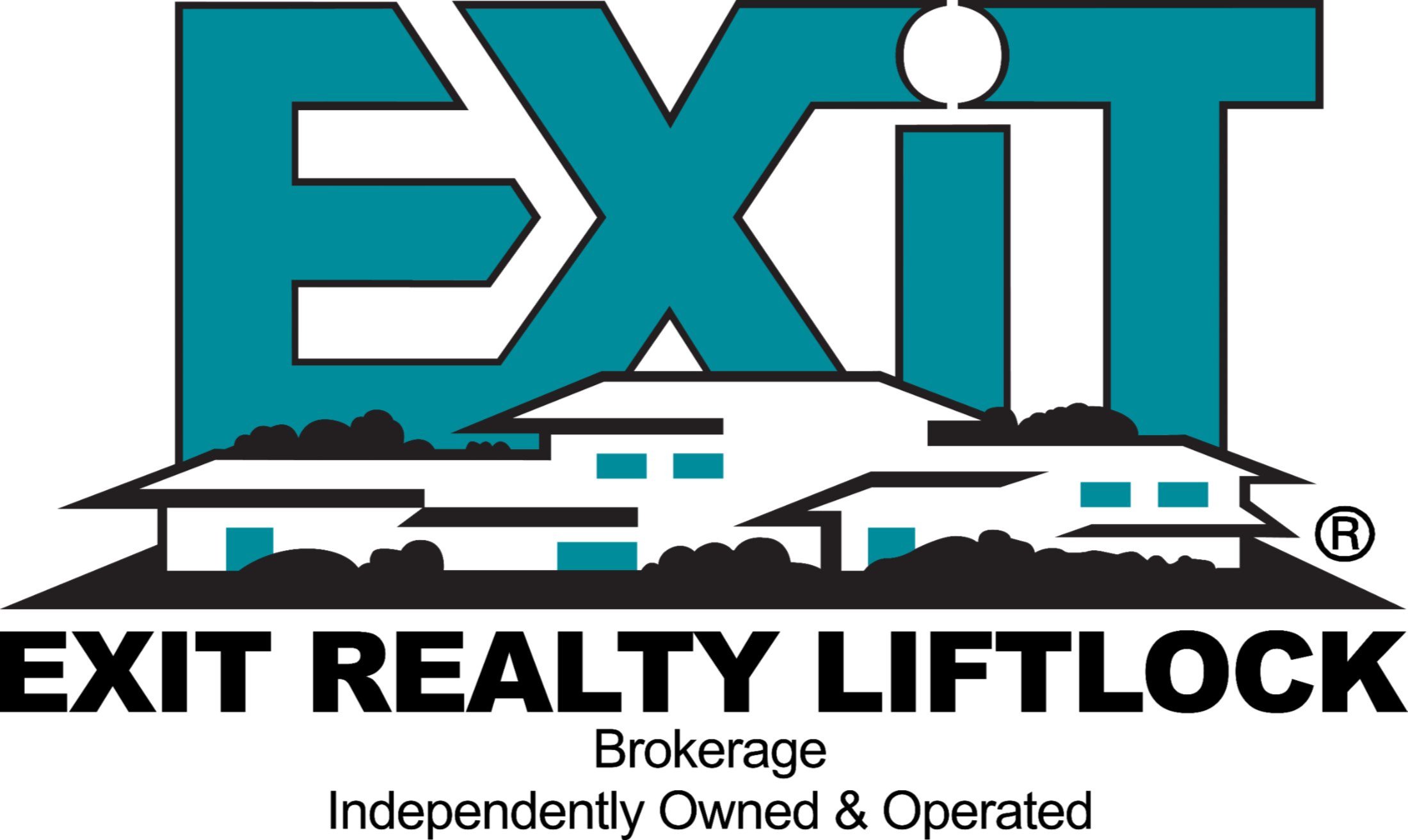Financial institutions look at your credit report and credit score to decide if they will lend you money. They also use them to determine how much interest they will charge you to borrow money.
If you have no credit history or a poor credit history, it could be harder for you to get a credit card, loan or mortgage. It could even affect your ability to rent a house or apartment or get hired for a job.
If you have good credit history, you may be able to get a lower interest rate on loans. This can save you a lot of money over time.
A credit score of 760 and above is generally considered to be an excellent credit score. The credit score range is anywhere between 300 to 900. The higher your score, the better your credit rating. Your credit score helps lenders to assess your credit capacity.
You can request a free copy of your Equifax credit report online, by phone, by mail or in person.
You are entitled to free credit reports from each of the two nationwide credit reporting agencies.There are four ways you can request a free copy of your Equifax credit report: Online, by phone, by mail, in person.
Can I get a Mortgage with a Low Credit Score?
Typically, if your credit score is less than 600 or even 650 in some circumstances, getting approved for a mortgage that you can afford, may be a challenge. Each lender has its own formula for determining the level of risk they will assume when evaluating your mortgage application, so it is difficult to provide a one size fits all answer.
There are also companies that specialize in mortgages for purchasers with weak credit histories, who may charge a higher interest rate or insist on a higher down payment. As each purchaser’s situation is different, you should speak with a range of potential lenders and choose the one that best meets your needs.
A Lender- Banks are generally referred to as A lenders.
B Lender- Financial institutions which cater to people who do not fit the A lendor category.
Please reach out if you need a lender referral?
https://www.consumer.equifax.ca/personal/education/credit-report/how-to-get-a-free-credit-report//
https://www.transunion.ca/product/consumer-disclosure#articleSection4
.png)


.png)